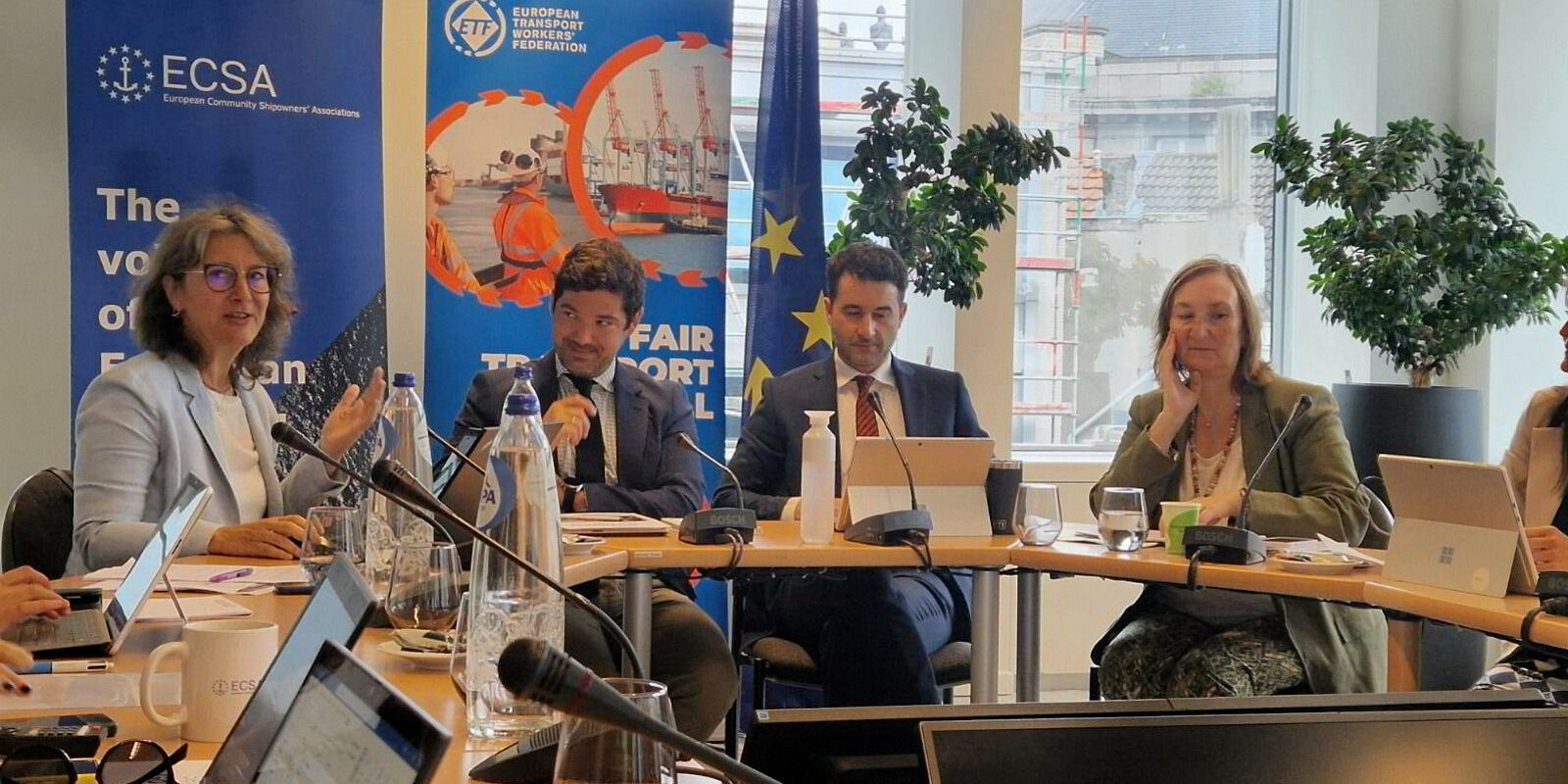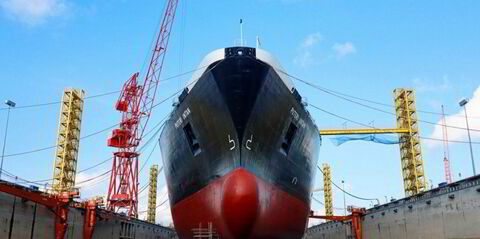A new digital initiative has been launched to attract more women and young people into the seafaring profession.
Backed by the European Community Shipowners’ Associations (ECSA) and the European Transport Workers’ Federation (ETF), the scheme seeks to prepare the maritime workforce for a digital future.
The founders, who unveiled the new scheme in Brussels on Wednesday, hope that it will increase the appeal to a new workforce, as well as maintain the current one.
The initiative’s objectives include user-friendly training tools for seafarers; moving away from paperwork to digital (allowing seafarers to focus more on their core responsibilities and reducing fatigue); and increasing internet access on board.
The initiative hopes to boost the possibility of a better work-life balance through increased digitalisation, which is intended to appeal to younger generations and raise the employment of women in seafaring roles.
Katalin Dobranszky, ECA’s senior director, explained: “Attractiveness is becoming super important, i.e. trying to attract new talent, women and the underrepresented to the industry, and I believe digitalisation can do this.”
Named “Seafarers Go Digital”, the initiative aims to support the uptake of digital technologies, while also safeguarding the rights and well-being of seafarers.
Sotiris Raptis, ECSA secretary general, said during the webinar: “It is important we promote digitalisation as a tool, not as an objective.
“This marks the beginning of a collective action as we face the green and digital transition within the industry.”
Part of reducing the administrative burden included supporting the e-certification of seafarers’ documentation, with the tool currently being developed by the European Maritime Safety Agency (EMSA) and earmarked to be launched post-2026.
“However, this is not yet a compulsory tool and needs all member states to be on board, of which there is some interest,” said the agency’s sustainability and technical lead Manuela Tomassini.
Tomassini admitted that there is still an issue of acceptance of the cultural changes associated with increasing digitalisation.
Barbara Sellier, deputy head for maritime safety at the European Commission, said: “We try to promote digitalisation but when we make things obligatory, it’s not always successful.
“The difficulty in shipping is that it’s international, but let’s start at an EU level and show how it can be done,” Sellier added.
“The fast and demanding evolution for the sector provides a huge challenge, but also opportunities for seafarers, and this initiative is part of many others that need to be developed,” she said.
The initiative also hopes to launch the EU Maritime Skills Forum in October of this year.
“It is important to have a discussion on a broader scale at this event as improving skills forms an important part of our initiative,” concluded Eurico Ortiga, ECSA director of social & legal affairs.





